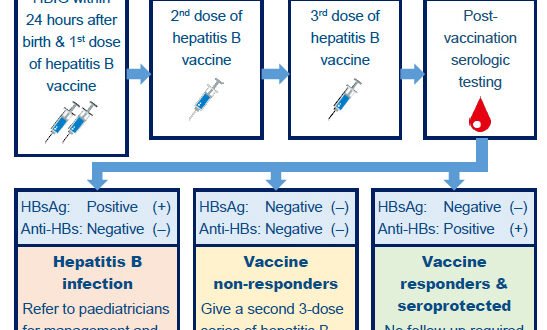Urging Action: The Importance of Early Childhood Immunization Against Hepatitis B in Uganda
Health officials in Uganda have strongly encouraged women to prioritize early childhood immunization against Hepatitis B, emphasizing that failing to vaccinate children at birth could endanger future generations. This call to action was made by Dr. Ruth Dorothy Akuno, the Hepatitis B Program Coordinator at the Ministry of Health, during a community health event in Ngando, Butambala District.
The event, organized in collaboration with the Liver Health Foundation, was part of Uganda’s efforts to commemorate World Hepatitis Day, an annual global observance held every July. During the gathering, Dr. Akuno stressed the importance of vaccinating newborns immediately after birth, highlighting that early immunization significantly reduces the risk of chronic Hepatitis B, which can lead to severe complications such as liver failure and cancer.
She urged mothers to embrace vaccination as a crucial step in protecting their children and preventing the spread of the virus within communities. In addition to this message, the Ministry of Health and the Liver Health Foundation launched a sensitization campaign aimed at educating the public about Hepatitis B, including its transmission methods, associated health risks, and preventive measures.
The event attracted hundreds of residents and featured a variety of engaging activities, including musical performances, cultural showcases, and interactive educational sessions tailored for both youth and adults. A free medical camp concluded the day, offering Hepatitis B screening, counseling, and vaccinations to attendees.
The high turnout at the event underscored the urgent need for accessible healthcare services in rural areas. Dr. Akuno used the opportunity to appeal to the government to increase funding for Hepatitis B programs, arguing that the disease deserves the same level of attention as HIV/AIDS and malaria.
Ashiraf Mukuye, representing the Liver Health Foundation, reaffirmed the organization’s commitment to bringing Hepatitis B services to grassroots communities. “Our goal is to ensure no one is left behind in the fight against Hepatitis B,” he said. “We want to raise awareness and deliver services where they are most needed.”
Local leaders praised the campaign as timely and called on the Ministry of Health to expand similar outreach efforts to more underserved regions across the country. According to the World Health Organization, over 296 million people worldwide live with chronic Hepatitis B, with Africa carrying a significant portion of the global burden.
In Uganda, Hepatitis B remains a pressing public health issue, particularly in the northern and western regions, where infection rates are highest. This year’s World Hepatitis Day was observed under the theme “Hepatitis Can’t Wait,” emphasizing the urgency of prevention, early detection, and prompt treatment.
The event in Ngando not only raised awareness but also provided critical health interventions that many residents would otherwise struggle to access. It served as a powerful reminder of the value of community-based health initiatives in addressing public health challenges.
By focusing on education, prevention, and accessible care, these efforts aim to build a healthier future for Ugandan communities and reduce the long-term impact of Hepatitis B.
 Info Malang Raya Its All About World News
Info Malang Raya Its All About World News



